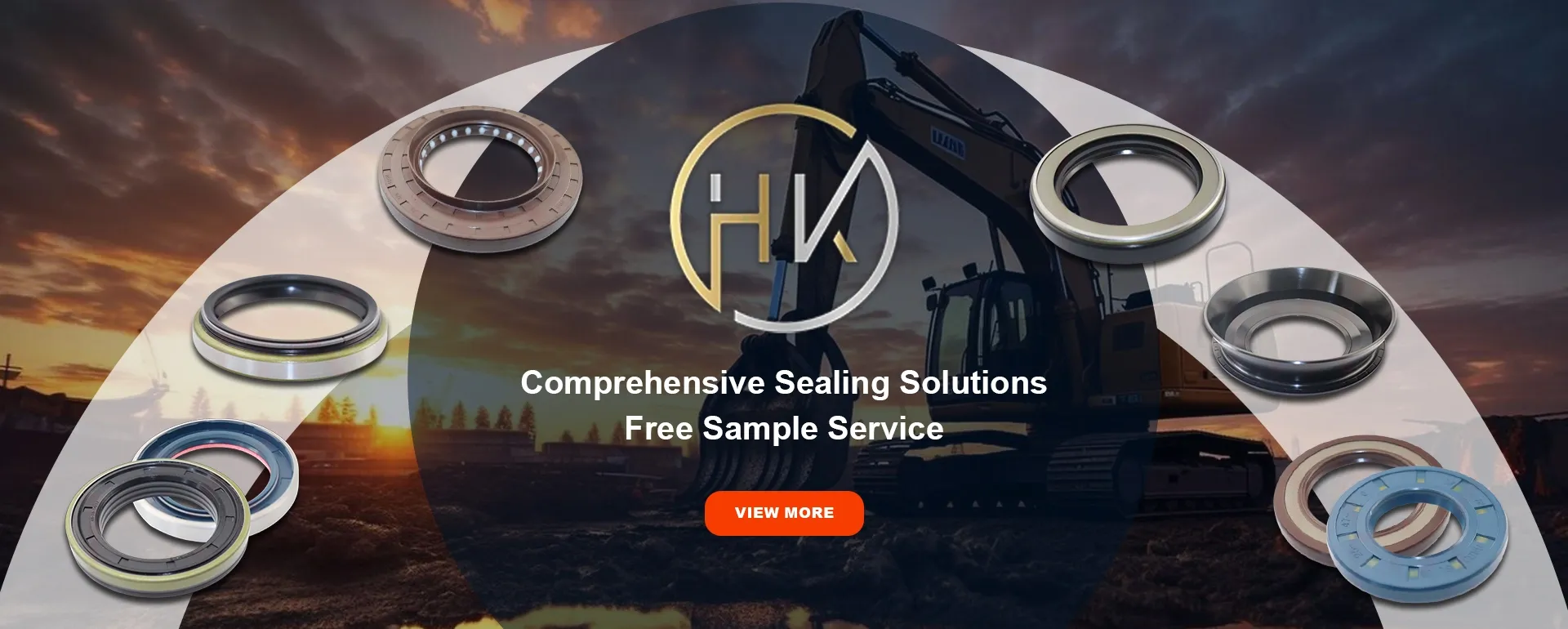Nov . 18, 2024 18:44 Back to list
Understanding the Importance and Functionality of Oil Seals in Machinery
Understanding Oil Seals Their Importance and Applications
Oil seals, also known as lip seals or grease seals, are critical components used in various machinery and equipment. Their primary function is to retain lubricants, such as oil or grease, while preventing the entry of contaminants like dust, dirt, and water. This dual function is essential for maintaining the longevity and efficiency of mechanical systems, which operate under various environmental conditions.
The Structure of Oil Seals
An oil seal typically consists of several key components, including a rubber or elastomeric sealing lip, a metal outer casing, and a spring. The sealing lip, which is the most crucial part, forms a tight contact with a rotating shaft. The design and material of the sealing lip can vary depending on the application, making it capable of withstanding various temperatures, pressures, and chemical exposures. The outer casing is usually made of metal, offering structural support and protection to the sealing lip, while the spring ensures a continuous pressure against the shaft, maintaining a reliable seal.
Types of Oil Seals
Oil seals come in various designs to suit different applications and operating conditions. Some common types of oil seals include
1. Single Lip Seals These are the most common type, featuring a single sealing lip that contacts the shaft. They are widely used in automobile engines, transmission systems, and other machinery.
2. Double Lip Seals These seals have two sealing lips and are often utilized in environments where higher levels of contamination are anticipated. The second lip acts as a backup, enhancing the sealing capability.
3. V-Ring Seals These are used for applications that require minimal contact with the rotating shaft, providing a flexible sealing solution that can accommodate misalignment and movement.
oil seal

4. Rotary Shaft Seals Specifically designed for rotating shafts, these seals are commonly found in electric motors, pumps, and gearboxes.
Importance of Oil Seals
The role of oil seals in machinery cannot be overstated. One of the primary benefits is their ability to minimize lubricant leakage, which not only conserves the lubricant but also prevents external contaminants from entering the system. This is crucial in maintaining optimal lubrication for moving parts, thereby reducing wear and tear and prolonging equipment life.
Moreover, oil seals contribute to operational efficiency. By preventing the ingress of dirt and moisture, they help maintain cleaner working conditions, which is especially crucial in heavy machinery and automotive applications. Contaminated oil can lead to equipment failures, costly repairs, and unscheduled downtime, making oil seals a key factor in operational reliability.
Applications of Oil Seals
Oil seals are used in a wide range of industries and applications. In the automotive sector, they are integral to engines, transmissions, and wheel bearings. In industrial machinery, they are employed in pumps, conveyors, and motors. Additionally, oil seals are found in agriculture equipment, aerospace components, and even household appliances.
Conclusion
In summary, oil seals play an indispensable role in ensuring the efficient operation of machinery across various industries. Their ability to retain lubricants while preventing contamination is vital for the longevity and reliability of mechanical systems. As technology continues to evolve, advancements in materials and design will further enhance the performance of oil seals, allowing them to meet the increasingly demanding requirements of modern machinery. Understanding their function and applications is crucial for engineers and technicians who strive for optimal equipment performance and longevity.
-
TCN Oil Seal Metal Ring Reinforcement for Heavy Machinery
NewsJul.25,2025
-
Rotary Lip Seal Spring-Loaded Design for High-Speed Applications
NewsJul.25,2025
-
Hydraulic Cylinder Seals Polyurethane Material for High-Impact Jobs
NewsJul.25,2025
-
High Pressure Oil Seal Polyurethane Coating Wear Resistance
NewsJul.25,2025
-
Dust Proof Seal Double Lip Design for Construction Equipment
NewsJul.25,2025
-
Hub Seal Polyurethane Wear Resistance in Agricultural Vehicles
NewsJul.25,2025
-
The Trans-formative Journey of Wheel Hub Oil Seals
NewsJun.06,2025
Products categories
















